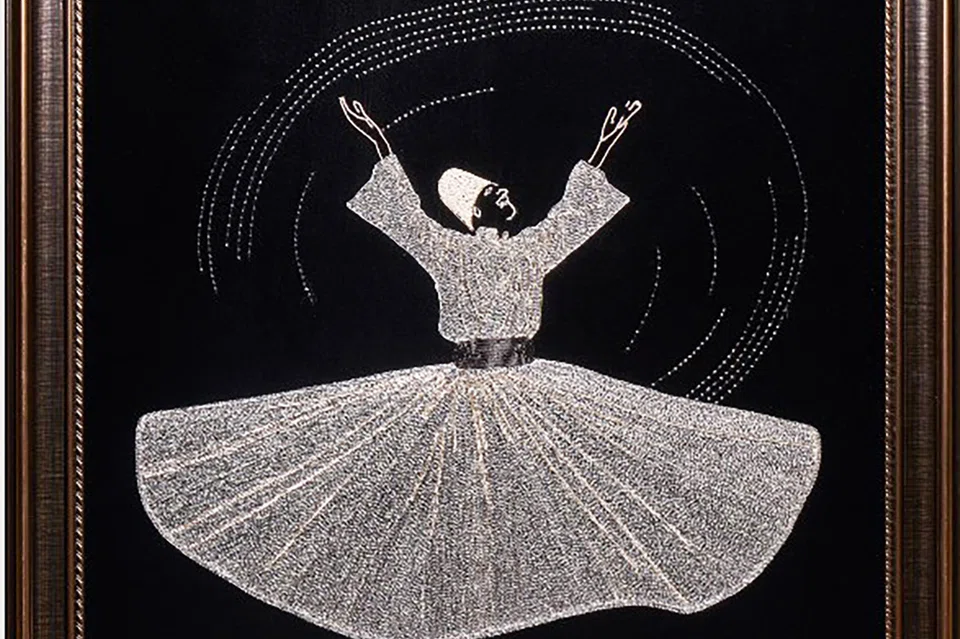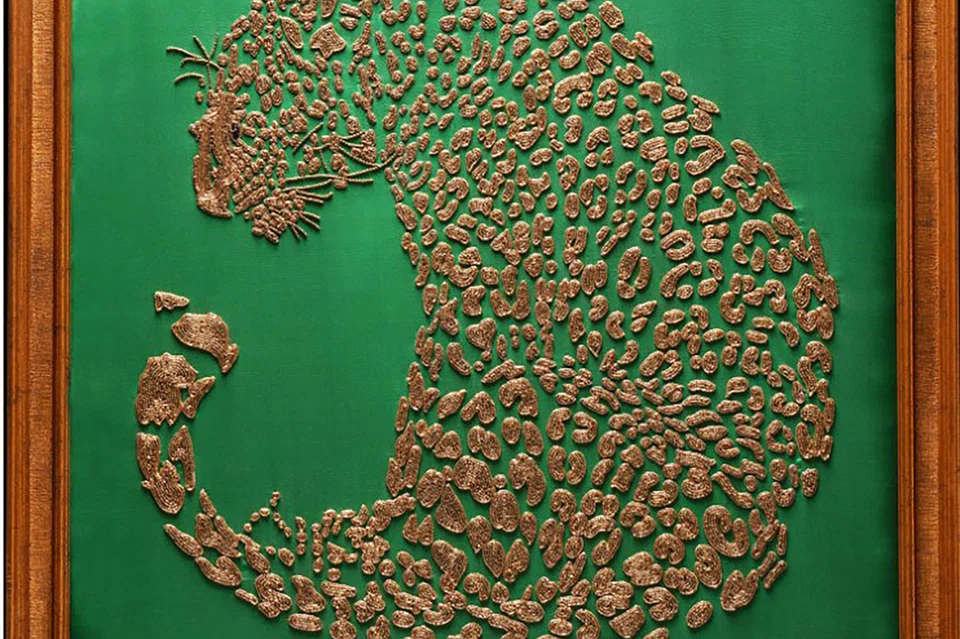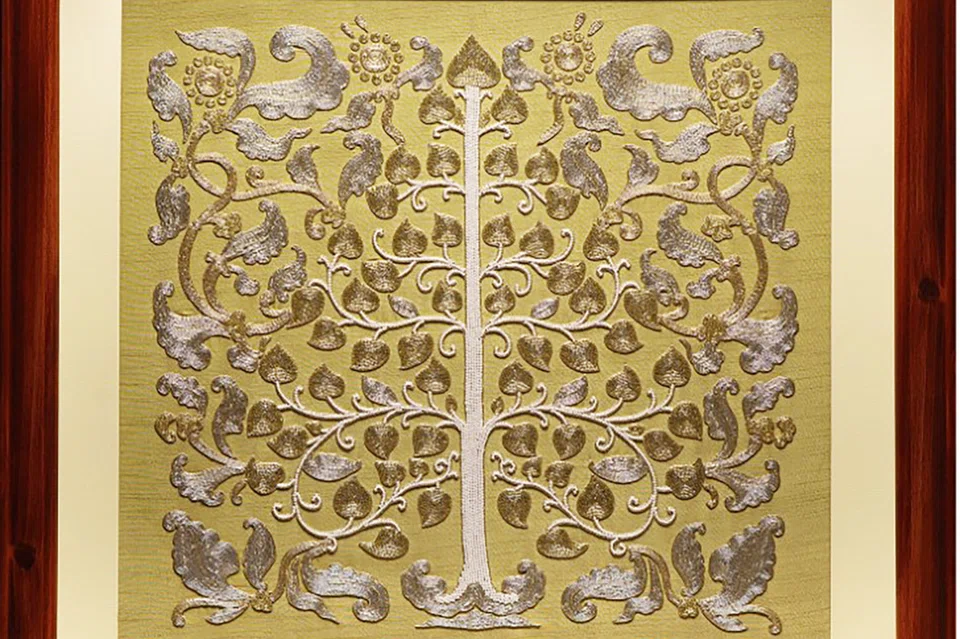Ms Saranya Naresh’s introduction of Artique, the premium décor brand born in the pandemic and based in Singapore, goes beyond profit and the aesthetic of its beautifully-crafted products. Her ethos, she said, is that “business should be measured not only by financial gain, but by the positive impact created for those in need.”
This is more than standard post-pandemic virtue signalling. Ms Saranya, 37, insisted the brand was less a dream than a necessary reaction. Recalling the early pandemic, when orders evaporated, and artisans specialising in intricate Indian handwork suddenly became jobless, she saw a moral emergency. Her response was to create a model where art, sustainability, and community could coexist, which sounded impossibly optimistic in hindsight.
“From a very young age, I knew I wanted to share things with others who lack basic needs,” she said. This impulse remains a daily practice; she still keeps a gratitude journal chronicling “small wins, small gestures by a stranger passerby...or the cool breezy weather.”
Ms Saranya rejected the narrative of the self-manifested entrepreneur. “I always dreamed of being an entrepreneur,” she noted, “but not a typical businesswoman.” The distinction is vague, but it rests on a preference for “challenging and creative” work, a space she considered closer to craft and stewardship than to hustle and finance.
Artique began in the familiar fog of start-up scepticism. She faced financial uncertainty and the “discouraging remarks” directed at women entrepreneurs. She recalled being told her concept was frivolous. “This art won’t sell,” some people declared. “You will end up making a loss.”
Starting Artique in the middle of a global crisis came with real challenges. One of the earliest was persuading people to rethink their understanding of art. Many assumed that art must be traditional fine art hanging in galleries. When she presented hand-embroidered frames and custom panels infused with Indian artistic influences, potential buyers dismissed the idea as too niche or too emotional to sell.
Funding was scarce, she said, especially for a woman introducing a new category of decorative art products. But every discouraging remark only strengthened her resolve. She knew that these pieces carried emotion, culture, and heritage and believed that there was space and a need for sustainable, meaningful art in a world growing weary of mass-produced décor.

Her understanding of leadership, she said, was filtered through daily logistics that spanned her lived experience of motherhood, marriage, and the unglamorous weight of responsibility for other people’s livelihoods. However, she doesn’t sentimentalise it. “Resilience, empathy, and strength” are less buzzwords than a cultivated checklist of survival tools for women. “A strong will emerges as a crucial attribute,” she said.

One incident in particular affirmed the true impact of her work. She was standing at an airport conveyor belt waiting for her luggage when a young man approached to help her lift her bags. She initially resisted, but he insisted. Then, with a polite familiarity, he asked how she was. Confused, she apologised for not recognising him. The young man explained that he was the son of one of her artisans. During the pandemic, Artique had helped pay his university fees when his father, the sole breadwinner, struggled to support the family. The young man had since graduated and was working as a data analyst at an MNC. She had never met him before, but he had seen her many times when accompanying his father to her studio.

Looking ahead, she envisions Artique being recognised as a premium brand for sustainable artisanal quality and rich cultural storytelling. Her advice to other women is the same she lives by: “Embrace your unique vision and let your passion for positive impact guide every step of your journey.”




